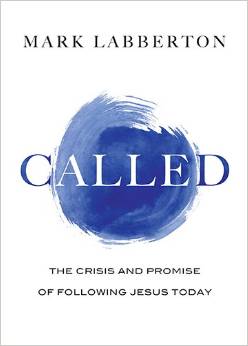On Friday, the above photo was snapped. I’d just come off the water with 10 Fuller DMin students, Brian McLaren, Courtney (my spouse), Albert (my dog), and three guides. Today, I sit at my family cabin as the students rise one by one, pour a cup of coffee, and sit with books to start the day. One is cutting strawberries for pancakes. Others are still asleep.
It seems odd to call these ten “students.” While I am, indeed, the “professor,” and I grudgingly grade their papers and presentations, I struggle with stratification implicit in the professor-student relationship. While I have an expertise forged by Princeton and experience, it is abundantly clear that each of us here is a learner. And each is a teacher.
The first half of our ten days together this year was spent canoeing in the 1-million-acre wilderness called the Boundary Waters Canoe Area Wilderness. The BWCAW is arguably the most pristine wilderness left in the continental U.S. No motorized boats are allowed, and only a limited number of permits are granted each year.
We were outfitted by Boundary Waters Experience, and I can’t recommend them highly enough. Everything you take into the Boundary Waters, you’ve got to carry on your back. That means clothes, tents, food, cookware, and canoes. While the canoeing can be challenging, it’s usually relatively easy and filled with enjoyable conversation. During the portages, on the other hand, no one is talking. That’s when you hoist all that gear on your back and scramble up rocks and over logs to get from lake to lake.
It’s a physically challenging task to canoe in the BWCAW. Your feet — wool socks in leather boots — are wet all day, your shoulders ache, and the mosquitoes are bloodthirsty.
But to sit around a campfire at the end of the day, pipe in hand, and talk about the doctrine of creation… Well, I can barely understand how anyone could learn anything in a classroom.
Part One | Part Two | Part Three | Part Four | Part Five















